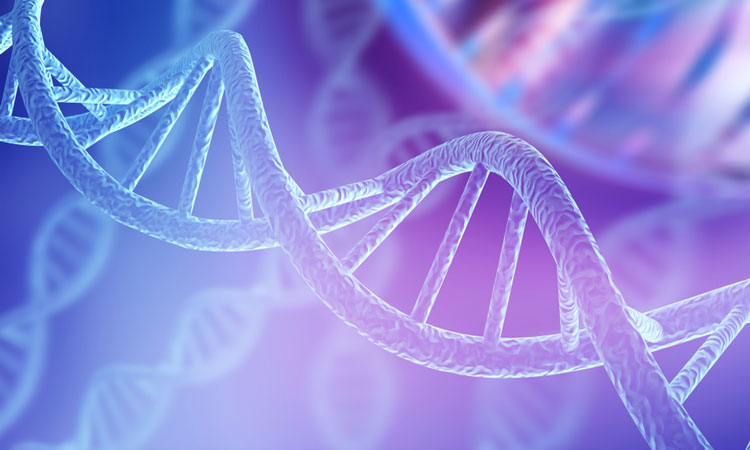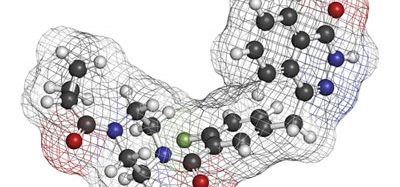USP15 enzyme could have role in the future treatment of cancer
Posted: 15 March 2019 | Drug Target Review | No comments yet
Researchers have found that the enzyme USP15 could potentially lead to new therapies for both breast and pancreatic cancer…


Researchers at the George Washington University (GW) Cancer Center found that the enzyme USP15 could potentially lead to new treatments for breast and pancreatic cancer.
“With this study, we validate the role of USP15 in maintaining genome stability and tumor suppression and inform novel treatments for breast cancer,” said Dr Huadong Pei, Assistant Professor of Biochemistry and Molecular Medicine at the GW School of Medicine and Health Sciences and senior author on the study.
“With consistent research and progress of current studies, we will gain a stronger understanding and a more comprehensive view of USP15 functions in cancer and their role in future treatment strategies.”
Biomarkers are redefining how precision therapies are discovered, validated and delivered.
This exclusive expert-led report reveals how leading teams are using biomarker science to drive faster insights, cleaner data and more targeted treatments – from discovery to diagnostics.
Inside the report:
- How leading organisations are reshaping strategy with biomarker-led approaches
- Better tools for real-time decision-making – turning complex data into faster insights
- Global standardisation and assay sensitivity – what it takes to scale across networks
Discover how biomarker science is addressing the biggest hurdles in drug discovery, translational research and precision medicine – access your free copy today
The Cancer Genome Atlas indicates that USP15 enzyme deletions occur in 16 percent of breast cancers and in 5 percent of pancreatic cancers. Studies have shown that cancer-associated USP15 mutations increase poly ADP ribose polymerase (PARP) inhibitor sensitivity in cancer cells.
PARP inhibitors are a new class of pharmacological inhibitors developed for multiple purposes, but chiefly for the treatment of cancer. They have garnered a great deal of attention for their potential in the management of patients with BRCA mutations.
Dr Pei and his research team found that USP15 regulates homologous recombination – one of the major pathways to repair DNA damage affecting both strands of the double helix – and cancer cell response to PARP inhibitors.
USP15 is part of a group of deubiquitinating enzymes, responsible for removing ubiquitin chains from proteins and other molecules, which play important roles in maintaining genome stability. Based on their research, Dr Pei and his team believe USP15 may function similarly to the USP4 enzyme, which was found to play a role in DNA repair by Dr Pei’s group four years ago.
“USP15 is a potential biomarker for treatments of pancreatic cancer, as well as breast and ovarian cancers,” explained Yihan Peng, a PhD student in Dr Pei’s lab and the first author on the study.
As a next step, researchers will use patient-derived tissue graft models to examine the impact of the USP15 enzyme on radiochemotherapy response. Additionally, they will perform high-throughput screening for USP15 inhibitors.
Their findings were published in Nature Communications.
Related topics
Genomics, Oncology, Research & Development
Related conditions
Cancer
Related organisations
George Washington University
Related people
Dr Huadong Pei, Yihan Peng







